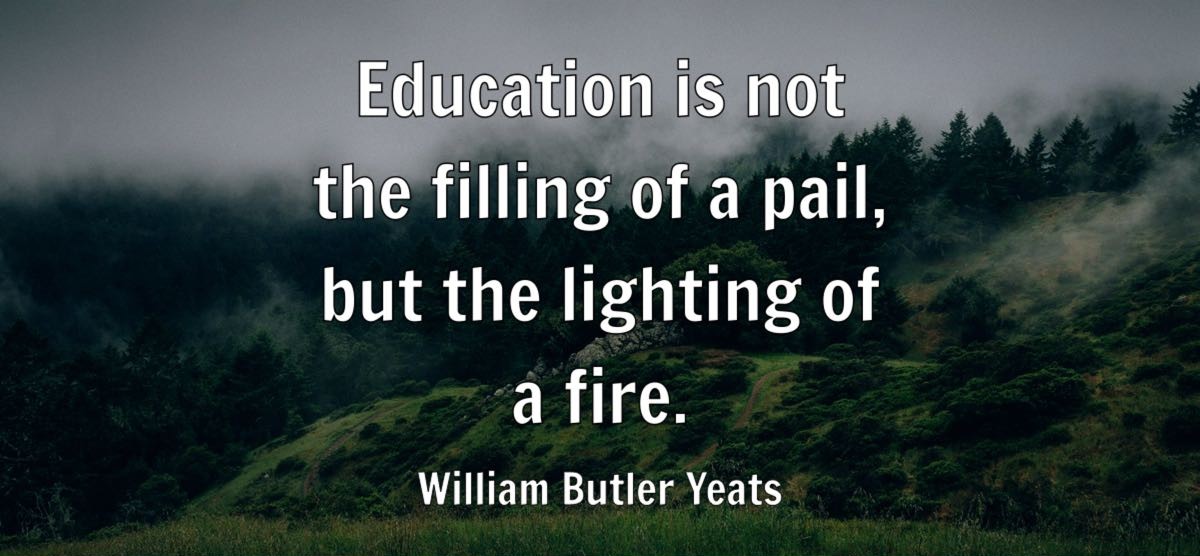What’s in a title?
This question can vary depending on the individual. Some people may place a lot of importance on their job title, whereas others view it as just that – a title. It’s not who they are but what they do at work. their title does not dictate their self worth or value – who they are. Research suggests that job titles can have the power to improve our well-being, our sense of influence, provide a defence from feeling socially snubbed, and even encourage us to apply for a job in the first place. There can be those individuals who place high importance on theirs as well as others’ job titles and the kudos associated with those titles. This could be attributed to the social status they feel is associated with those titles. This can make people aspire to those roles and subconsciously create a sense of how someone should be treated or addressed. One thing that stands out for great leaders is this is not highly important because they see everyone as equal.
Great leaders treat everyone with the same respect regardless of their title or place in the hierarchy of an organisation. They treat people with the same respect they expect from others. It is the universal law – treat others how you want to be treated. When we look at great leaders in history – the way they treat people is remembered most. It is not their power, status or title. When you have worked with a great leader, what is it you liked about them the most? Would you say it is because of their title or how they made you feel? The quote by Maya Angelou rings true when speaking about great leaders: “I’ve learned that people will forget what you said, people will forget what you did, but people will never forget how you made them feel.”
Think about great leaders in history and how this quote relates to their success. Great leaders have a passion or purpose to their leadership. They feel a sense of ‘self’ in their leadership – a desire to learn and grow to become fully human. They seek the same for others. It provides passion for life, learning and growth.
William Butler Yeats is quoted as saying ” Education is not the filling of a pail, but the lighting of a fire”.

Great leaders are life long learners and want to share their knowledge and experience with others. The sharing is not coming from a place of ego but a genuine care that sharing their knowledge helps to increase the consciousness of others. This is how leaders ‘let go’ of themselves through opening up and venturing out to learn the different gifts and perspectives of each direction of leadership. They learn from every experience – positive and negative. Every experience provides another learning and chance to grow. It provides the personal meaning for their leadership and learning journey. Every leader has this potential to awaken the ‘fire of self’. It is deep within and once awakened, arouses the desire to learn, grow, become fully human, and seek the same for others. This is the passion for life, learning and growth.
When you think of great leaders, who and what comes to mind? What is it about them that you admire, aspire to, or motivates you? How can you harness those qualities to create a positive impact for your team? How can you apply those learnings to create and foster a learning mindset? How do you remain curious and instil this curiosity in others? Think about what type of leader are you becoming?
Research shows that great leaders don’t place much importance on titles because titles don’t get the job done – people do. When we treat our team as a group of people, learning about them as individuals and understand their strengths, this helps to utilise each person for the benefit of the whole team. Great leaders are aware that they will not know everything, however, they can build a great team of people with the right skills, knowledge and experience. This team of people will each bring with them their own skills, knowledge and experience that will complement theirs as a leader, as well as other team members. Their strengths combine to create an effective whole. Working together is the strength, however, allocating tasks to each individual team member’s strength will benefit the team overall. A team is defined as a collective of individuals working towards a common goal. Each team member may have different tasks allocated based on their strengths but are all working towards a common goal. A team works wonders when working in unison. A team is stronger together. A great leader will guide, motivate, coach and develop their team.
In summary, great leaders do not need a title to lead. Great leaders also recognise leadership qualities in their team members. They seek to encourage and support the development of new leaders. Great leaders create more leaders, not followers. Think about the many great leaders who have mentored a ‘prodigy’ – someone who will also be a great leader one day. So, think about this question again – What type of leader are you becoming? How can you light the fire to learn, grow and awaken the power within?
https://www.bbc.com/worklife/article/20170920-can-a-job-title-can-change-your-behaviour
https://www.managementstudyguide.com/understanding-team.html
C C Sidle, 2005, The Leadership Wheel – Five steps for achieving individual & organisational greatness


